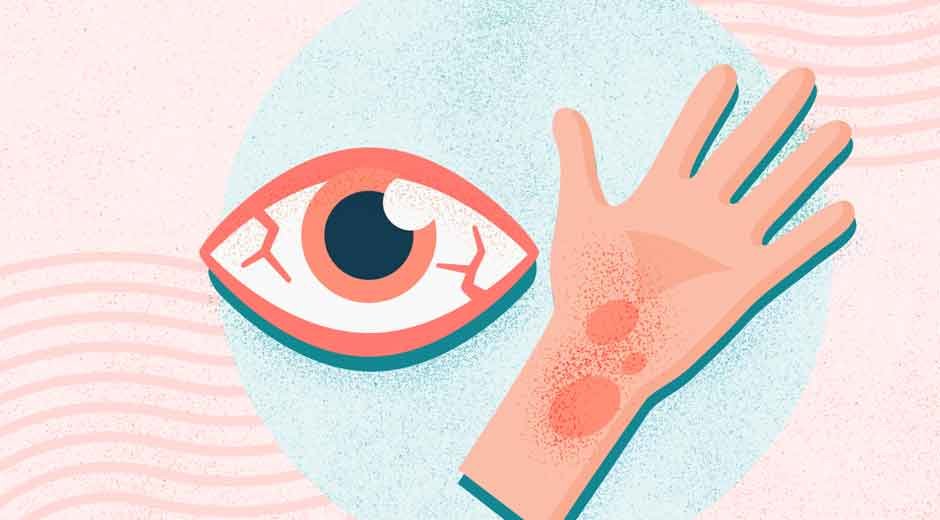It’s no fun to sneeze, cough, or itch all day. If you have trouble breathing or feel tired because of reactions, you are not alone. Many people deal with this every day, but the good news is that you can do something about it. This guide will help you learn how to avoid allergy and feel better.
Keep reading to find out how you can live a happy and healthy life without worry.
What Causes Reactions?
Your body works hard to protect you. But sometimes, it gets confused and reacts to things that are not harmful. These things are called triggers. Triggers can be found inside and outside the home. Common triggers include dust, pollen, pet hair, certain foods, and mold.
When your body sees a trigger, it starts a fight. It may cause sneezing, runny nose, watery eyes, or skin rashes. Sometimes, it can make it hard to breathe. That’s why Knowing what triggers your symptoms is important.
Keeping Your Space Clean
One big step is keeping your home clean. Dust and mold love dark, damp places. Make sure you clean your floors, wash your sheets, and check your bathrooms. Pets can also carry hair and dander, so try to keep them off beds and couches.
Air filters help too. They remove the tiny particles in the air that you cannot see. Change your filters often to make sure they are working well. Also, open windows when the air is clean to let fresh air inside.
Watching What You Eat
Some foods can cause a bad reaction. These may include milk, eggs, nuts, or seafood. When your body reacts to food, you might experience a rash, stomach pain, or worse.
Always read labels before you eat. If you are not sure what is in a dish, it is okay to ask. Eating at home more often is beneficial because you know what’s in your food. If you ever feel funny after eating, write it down so you can talk to a doctor.
Time to Go Outside?
It feels great to be outdoors, but the air is not always your friend. In spring and summer, plants release pollen, which floats through the air. This can make your nose run and your eyes itch.
To aid in prevention, check the pollen forecast before heading out. If it’s a high pollen day, try to stay indoors, or wear glasses and a hat. After being outside, wash your hands and change clothes to keep pollen off your skin.
Allergies are common, but with a little care, you can stay ahead of them and feel your best.
When to See a Doctor
If your symptoms don’t subside, even after trying these tips, it’s time to seek help. A doctor can perform tests to determine the cause of the problem. They may also prescribe medication to help soothe your body’s reaction.
Don’t wait until you feel really bad. Early care is better and can stop things from getting worse.
Allergy Prevention and Management
You don’t have to suffer every day. By identifying your allergy and maintaining cleanliness, as well as monitoring your diet and air quality, you can regain control. A few simple changes can make a big difference.
Take the first step today and start living a life with fewer problems and more peace. Expand your knowledge and check out more posts on our blog!







